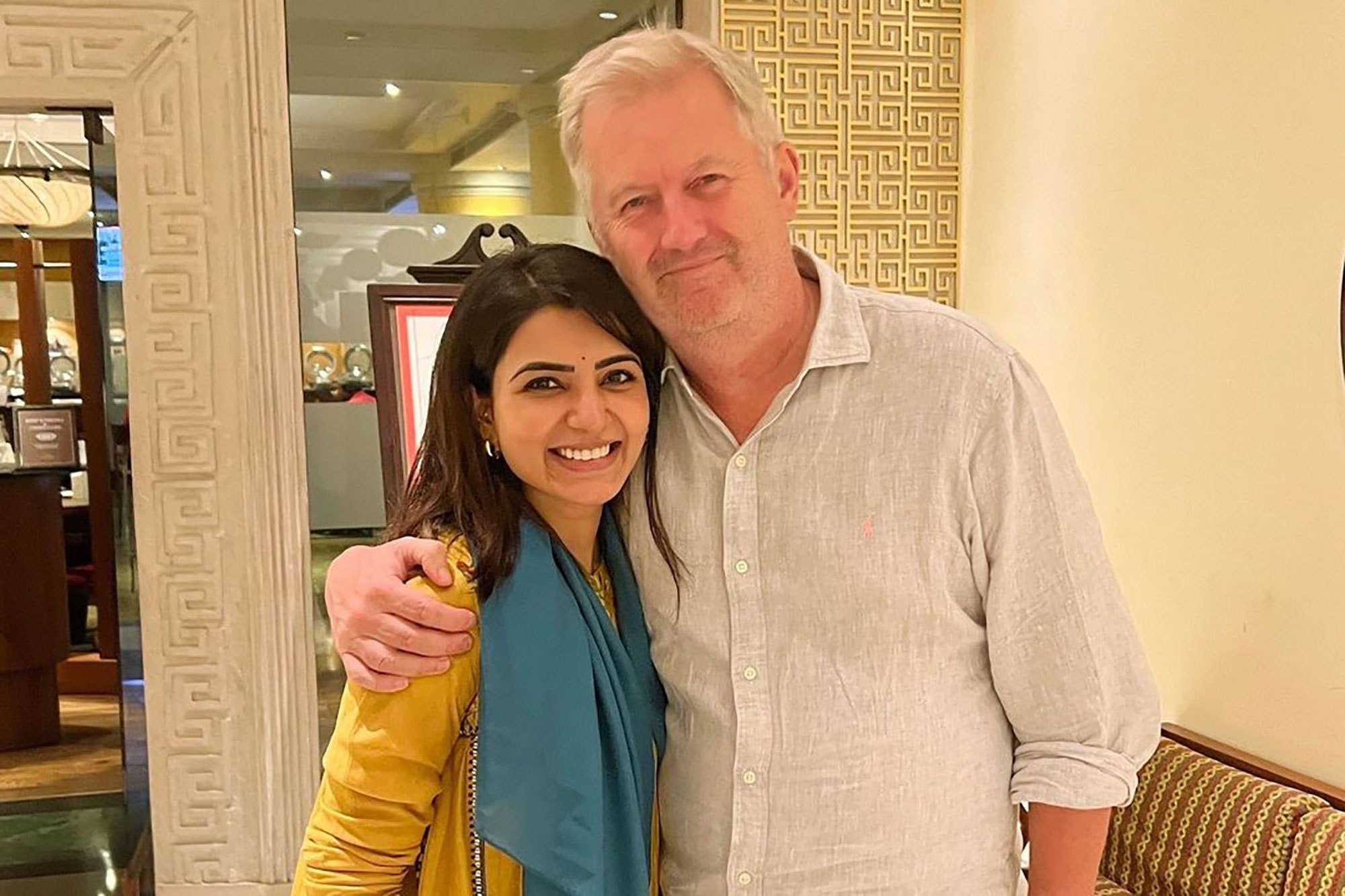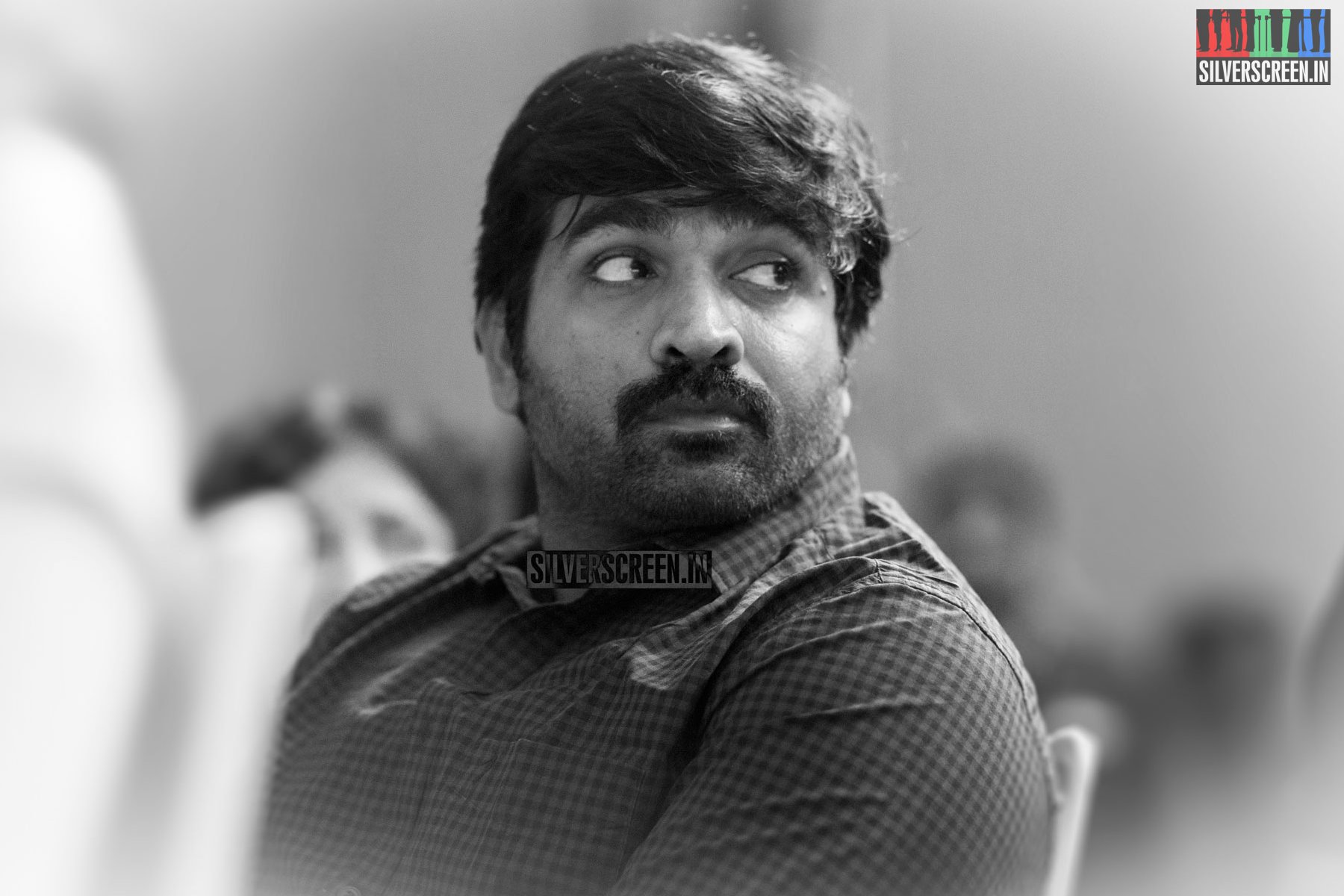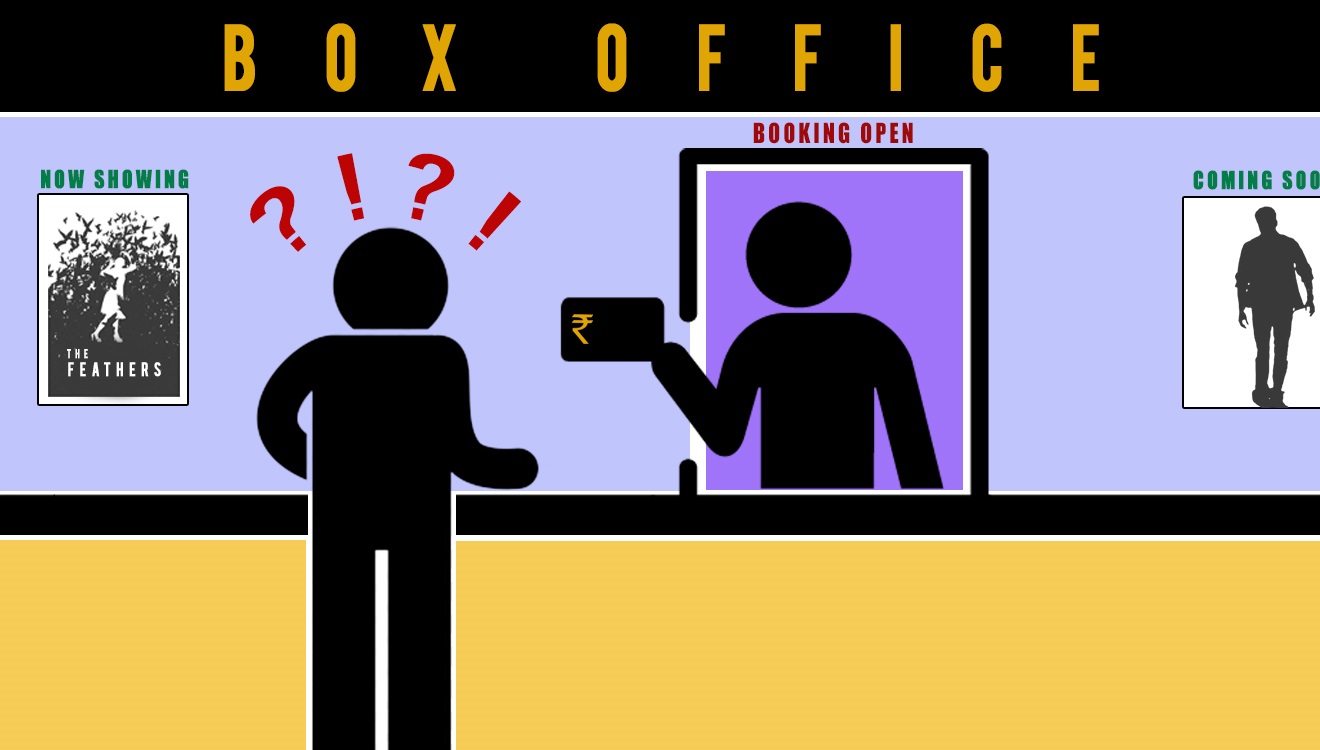China announced measures on Tuesday to regulate its celebrities online, in a bid to contain the “chaos, propaganda, and gossip” that has “impacted mainstream values,” according to a notice from the Cyberspace Administration of China.
The guidelines issued consist of 15 points that are aimed at addressing four aspects of celebrities’ online information, including “content orientation, information presentation, account management, and public opinion mechanism.”
The country has clamped down on celebrity fan culture in the past few months, in the name of creating a “positive and healthy network environment.”
The CAC first issued a notice in August, and stated the need to “control the chaotic Rice Circle,” after the State wiped out certain celebrities from social media for their involvement in various controversies. It ordered that only the licensed and authorised fan clubs could function and stated that celebrities could no longer be ranked in order of popularity.
‘Rice Circle’ can be defined as star-chasing, or a fan culture, wherein the fan-base of a particular celebrity goes to extreme lengths for its ‘idol’. The Communist Party found this to be disruptive in nature and labelled the phenomenon ‘toxic’.
For example, after Chinese-Canadian singer and actor Kris Wu was arrested in August, on suspicion of rape, his fan base on Weibo, China’s equivalent of Twitter, chalked out plans to break him out of prison. “The chaos in celebrity fan clubs, exposed by the ‘Kris Wu incident’, shows that bad fan culture has reached a critical moment that must be corrected,” said China’s top disciplinary body in a post, adding that thousands of “toxic” fan comments and groups have since been deleted.
Wu’s social media accounts were also deleted after the allegations surfaced.
The guidelines released now restrict the participation of minors in managing celebrity-oriented groups.
A few big names that appear on the Chinese government’s list of “misbehaving” celebrities include actors Zhao Wei, Zheng Shuang, Zhang Zhehan, and Kris Wu, among others.
Zhang Zhehan was erased from social media amid public outrage after he was caught posing at Japan’s Yasukuni Shrine. Shortly after, Zhao Wei, billionaire businessperson and one of China’s most popular actors, saw her fan-page on Weibo shut down. Zhehan was one of Wei’s clients.
Wei has faced intense scrutiny by the communist government, time and again. Apart from her professional link with Zhehan, Wei has come under fire for the multiple business ventures owned by her and husband Huang Youlong. The couple was also banned from China’s securities markets for five years for market violations in 2017.
Actor Zheng Shuang was fined $46 million for tax evasion in August and her works were removed from major video platforms.
While the actual reason behind the crackdown is unclear, these coincidentally followed President Xi Jinping’s announcement of reform measures to bridge the gap between the rich and the poor. In August, the Chinese Premier pledged to redistribute the wealth for “common prosperity.” The statement, however, puts the onus on private enterprises and does not mention celebrities.
Recommended
The censorship of celebrities resulted in the Chinese streaming platform iQiyi halting its ‘idol competition’ programs, calling them unhealthy. “We will cancel idol talent shows and online voting, be responsible as a platform, resist bad influences, and maintain a healthy and clean internet as well as audio-visual environment for our users,” the company said in a statement.
Meanwhile, even as celebrities in mainland China have come under fire, the Hong Kong film industry has been subjected to the new censorship laws that were passed in October.
However, Dr Kwok-kwan Kenny Ng, Associate Professor at the Academy of Film at Hong Kong Baptist University, earlier spoke to Silverscreen India and confirmed that the two issues are independent of one another.



